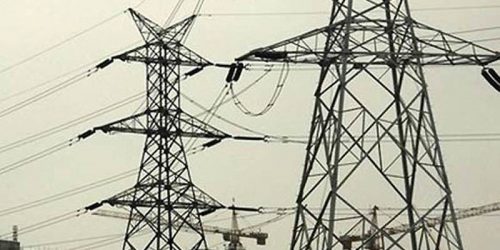After decades of shortfall, Pakistan is facing a new energy conundrum. We are producing a lot more energy than we need but without a distribution and grid system, we have no way to make use of this energy.
I know some of you might have lost this one in the list of problems such as circular debt, IPP power contracts, and the frequent changes and discussions about energy tariffs. Others might even find it hard to believe that we’re producing more than we need as the excruciating memory of load shedding in summers would have cut too deep.
However one may feel about it, that Pakistan is now producing more power than it needs is a fact. According to the Special Assistant to the Prime Minister on Power Tabish Gauhar, Pakistan may already have 50 per cent more capacity than demand.
And even though Pakistan is unable to use the excess it is producing, adding further insult to injury, the government has to pay for the energy even if it is not being used.
How we got ourselves in this situation is a topic for a different day. Today, I want to focus on a unique solution to this dilemma and present a possible way to cut our losses given the reality we face.
Bitcoin mining
If Pakistan uses this energy for bitcoin mining using the latest S19 Pro Antminer (assuming 10,000MW of excess energy available at a cost of $0.12 per kW/hour), it can generate $35 billion worth of Bitcoin per year at current valuations.
Simply put, this means we can pay off our external debt in two years.
If JP Morgan’s forecast of Bitcoin reaching $146,000 turns out to be true, Pakistan will make around $110bn from this.
And don’t even ask me what we will make if Mike Novogratz is correct – it’s mind boggling.
At this stage most crypto critics would be thinking, what happens if Bitcoin turns out to be worth zero? And that of course is a valid question here, given the debate surrounding the future of crypto currencies.
The good news is, even if Bitcoin loses all its worth as some detractors have predicted, Pakistan would not be exacerbating its losses since the government is already paying for the excess energy – whether it is being used or not.
So whatever income Pakistan is able to generate from this excess energy can perhaps be used to put the distribution network in place to eventually utilise it efficiently.
I know naysayers will remind me that our biggest recent technological innovation is allowing people to open digital accounts and we are still in celebration mode about that.
But I am hopeful. After all, Minister of Science and Technology Fawad Chahudhry has allowed the industrial usage of Cannabis and is also making a space museum in Islamabad.






